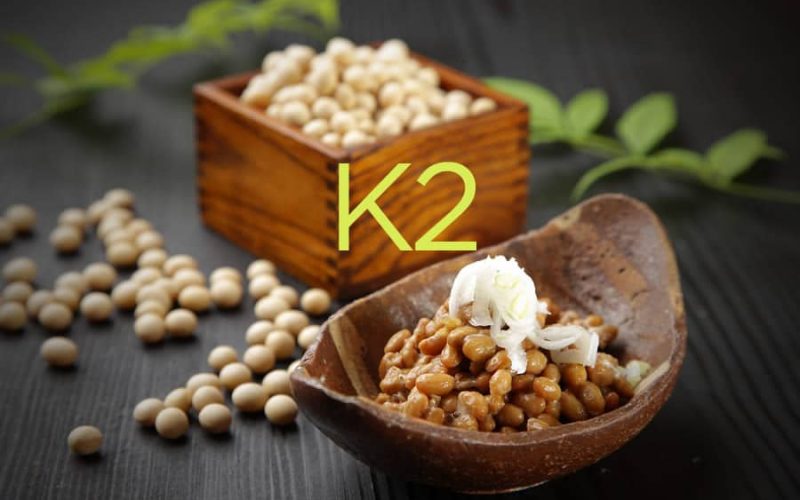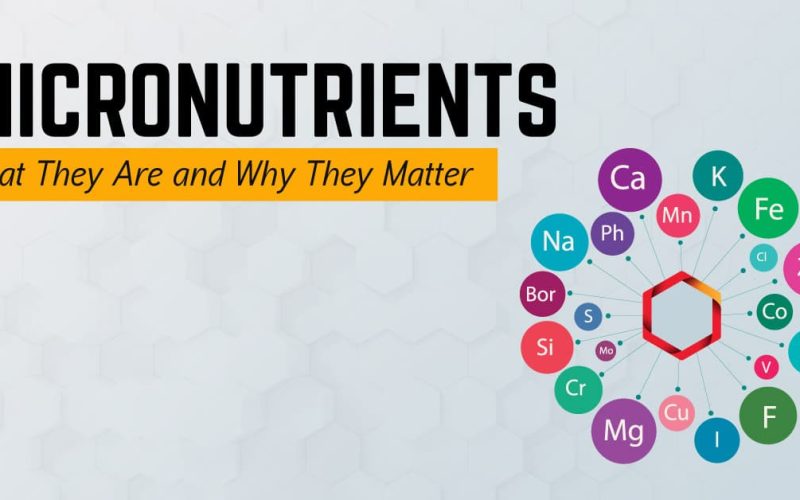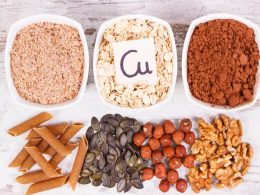This is a normal metabolic process whereby the body burns stored fats when it does not have enough glucose for energy. The burned fats end up building acids known as Ketones in the body.
You can indulge in a low carb diet to encourage ketosis. The diet helps in burning fat that is not wanted simply by forcing the body to depend on already stored fat for energy and not that of carbohydrate.
Diabetes patients observe ketosis the most since the process occurs if the body does not have enough insulin.
Patients with type one diabetes are more likely to have problems that are related to an extreme level of ketosis than patients with type two diabetes.
Facts on Ketosis
- When ketones level rise, the acidity of the blood will also increase which leads to ketoacidosis, a condition that can be very dangerous.
- Medical treatment will be needed for type 1 diabetes patients because they are more likely to get ketoacidosis.
- Some individuals try to burn fat by following a ketogenic diet to help them lose weight.
- When the body does not have enough access to glucose, that is when ketosis occurs.
- Ketosis is known to be a condition where stored fats are broken to produce energy, that also produces ketones.
What it is?
The primary form of energy for the body is glucose which is gotten from dietary carbohydrates which includes starchy foods (such as bread) and sugar (like yoghurt and fruits).
The body later breaks these foods into simple sugar. Glucose can be stored in the muscles and liver as glycogen or it can be used to fuel the body.
The body tends to adopt an alternative strategy in order to meet those needs if there is not enough glucose to meet energy demands. The body then starts to provide glucose from triglycerides by breaking down fat stored. The by-product of this process is ketones.
Ketones are acids that accumulate in the blood and are excreted through urine. They are there to signify that the body breaks down fats in little quantities.
However, ketones can be poisonous in the body when the level is too high thereby leading to ketoacidosis. Ketones are released when the body converts fat stores into energy.
Ketogenic Diet
Since ketosis breaks down fats stored in the body, there are several diets that help to create the metabolism process so as to speed up weight loss.
The diet can also be called high-fat diet as seventy-five percent of calories are produced from fat. However, calories are also gotten from carbohydrates(five percent) and proteins(20 percent).
Ketosis diet can also be called keto diets, low carb diets and ketogenic diets. Strictly following the low carb diet can lead to weight loss for a short period of time.
A research that was carried out in 2008 and published in the American Journal of Clinical Nutrition discovered that obese men lost an average of 12pounds after following a low carb diet for 4 weeks.
The individuals who took part in the study, while following the diet, were able to consume lesser calories without getting hungry.
Is Ketosis Healthy?
The low carb diet can be beneficial to individuals suffering from severe health conditions such as
- Diabetes
- Metabolic Syndrome
- Cardiovascular Disease
It may also boost your HDL cholesterol level(high-density lipoproteins often referred to as good cholesterol) better than other standard carb diets.
These health benefits may be as a result of eating healthier foods or losing a few extra pounds rather than reducing your carbohydrate intake.
Medical practitioners have also used the ketosis diet in reducing the seizures in epileptic children when other treatments yielded no results.
Some research has also suggested that the diet could have the same effect in adults with epilepsy, however, more studies are needed to validate these findings.
On the other hand, adhering to the diet doesn’t appear to hold great benefits in the long run.
The American College of Cardiology, Obesity Society, American Heart Association (AHA) has concluded that there isn’t enough scientific evidence to suggest that ketogenic diet – or any other low-carb diet – could have a healthful effect on the heart.
Some studies are ongoing to check if other conditions might benefit from the ketogenic diet. These conditions include:
- Lou Gehrig’s disease
- Cancer
- Acne
- Polycystic ovary disease (PCOS)
- Alzheimer disease
- Metabolic syndrome
Ketosis and Diabetes
For patients that are diabetic, ketosis occurs due to the fact that there isn’t a proper amount of insulin to process glucose in the body. If there happen to be ketones in the urine, it means the individual’s diabetes is not being managed properly.
The low carb diet is recommended for individuals who have non-insulin dependent diabetes(NIDDM) which can also be called type 2 diabetes.
In non-insulin diabetes patients, the body still tends to make out insulin but cannot use the insulin to transport glucose into cells that will be used as fuel.
The low carb diet aims at reducing the intake of dietary carbohydrate. Type 2 diabetes patients ought to reduce the intake of carbohydrates because it later becomes glucose and it would end up increasing the blood sugar level.
Diabetes patients who follow the low carb diet also need to monitor their ketone levels. If the ketone level gets too high, ketoacidosis could occur. Most times, ketoacidosis tend to occur in patients with type 1 diabetes but it could also occur in patients with type 2 diabetes.
Ketoacidosis
This is a serious condition in which the amount of ketones in the body becomes too high which can end up poisoning the body. Ketoacidosis is a serious condition that is quick to occur. It could even occur under 24hours.
Different things tend to trigger this condition, but the main cause is illnesses and it ends up producing high hormone levels that would work against insulin.
It could also be as a result of problems that are associated with insulin therapy, probably you were not given enough insulin. Triggers of ketoacidosis that are less common include;
- Stress
- Physical trauma
- Drug abuse
- Surgery
- Emotional trauma
Ketoacidosis in type 2 diabetes patients is not very common. It is common in patients with type 1 diabetes because the body does not produce insulin.
Hyperglycemia(which is high blood sugar levels) and increased number of ketones in urine can easily be detected with home kits.
Some of the early symptoms of ketoacidosis include;
- Nausea and Vomiting
- Dry or flushed skin
- Abdominal pain
- Difficulty in concentrating and confusion
- Dry mouth and excessive thirst
- Frequent urination
- Rapid breathing or shortness of breath
- Fruity breath
Prevention
There are different things individuals with diabetes could also do to prevent ketoacidosis. It includes
When you are ill, you should keep an eye on your ketones level with a test strip.
You should follow a treatment plan for diabetes and you should talk about insulin dosage with a specialist.
You should monitor your blood sugar level frequently maybe three to four times a day.
Prevention and treatments of Ketosis
Ketosis tends not to happen in healthy people that have regular meals and eat a balanced diet. Ketosis can be triggered by exercising for a longer period of time, being pregnant and the drastic reduction in the number of calories you take.
Ketosis occurs in diabetic patients if an insulin reaction occurs, if you tend to skip meals, or if the condition is being managed using insufficient insulin.
Ketoacidosis in diabetes patient is most times considered an emergency because it could lead to diabetic coma or death. Hospitalization in an intensive care unit is needed after emergency healthcare workers have administered treatment.
You can take the following measures for diabetes patients;
- Insulin therapy – this helps to reverse the processes that caused ketoacidosis.
- Fluid replacement – to dilute the excess blood sugar and also rehydrate the body.
- Electrolyte replacement – they are needed to keep the muscles, heart and nerve cell to function well. Most times when insulin is absent, levels in the blood drop. You can get electrolyte supplements online.
Also for otherwise healthy people, exercising regularly and following a healthy balanced diet can prevent ketosis.









